Please Note: We have listed this article course on Plastics Consumption and Human health as a flipbook on this page for those interested in auditing the course/lesson. If you need to report this course for Continuing Education (CE) or need a certificate, please enroll in the course or get a Platinum membership and access all our courses at your leisure. Enrolled students must take and pass the short quiz in order to earn CE credits. In addition, this course needs to be self-reported. Self-reporting information will be accessible once you complete the Quiz.
Course Description
Plastic was once considered a valuable product that added convenience to people’s lives. Today, its manufacturing and disposal are proving to be a major source of greenhouse gases and air pollution, and its use can cause food contamination. Increasing research is also reporting a connection between plastic and health problems and environmental damage. In summary in this course on Plastics Consumption and Human health, there is a brief discussion of alternatives to current plastic manufacturing and disposal systems and what it will take to reduce plastic in food production and the environment.
What You Will learn
- Describe Vengeri Village’s approach to reducing cancer rates through a reduction in exposure to plastic and chemicals in food
- Detail the types of plastic and their relationship to cancer per current medical research
- Review various plastic disposal systems commonly used
- Give an overview of plastic’s impact on food and the environment
- Discuss some alternatives to the current manufacturing and disposal of plastics
Course Content
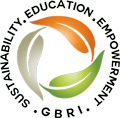

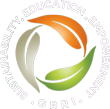
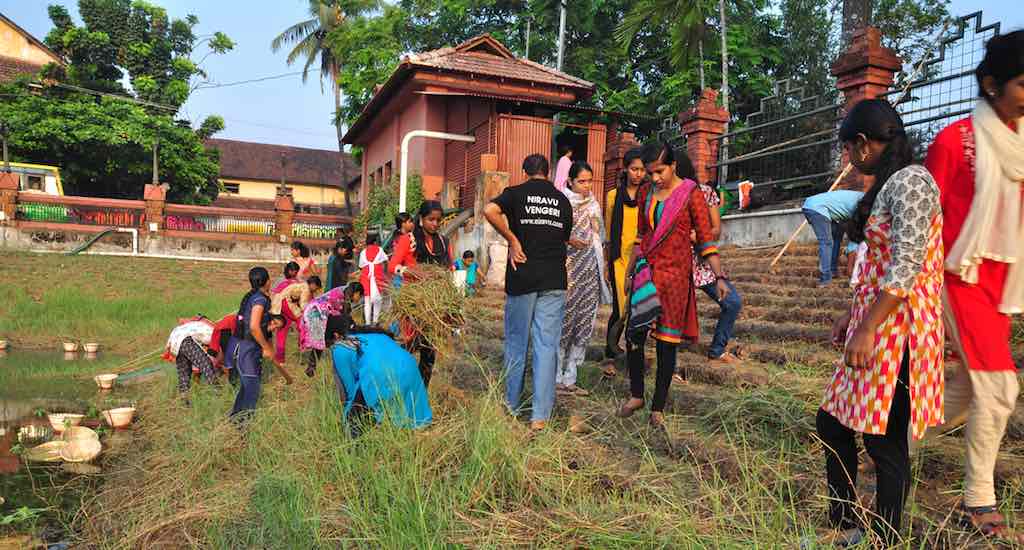
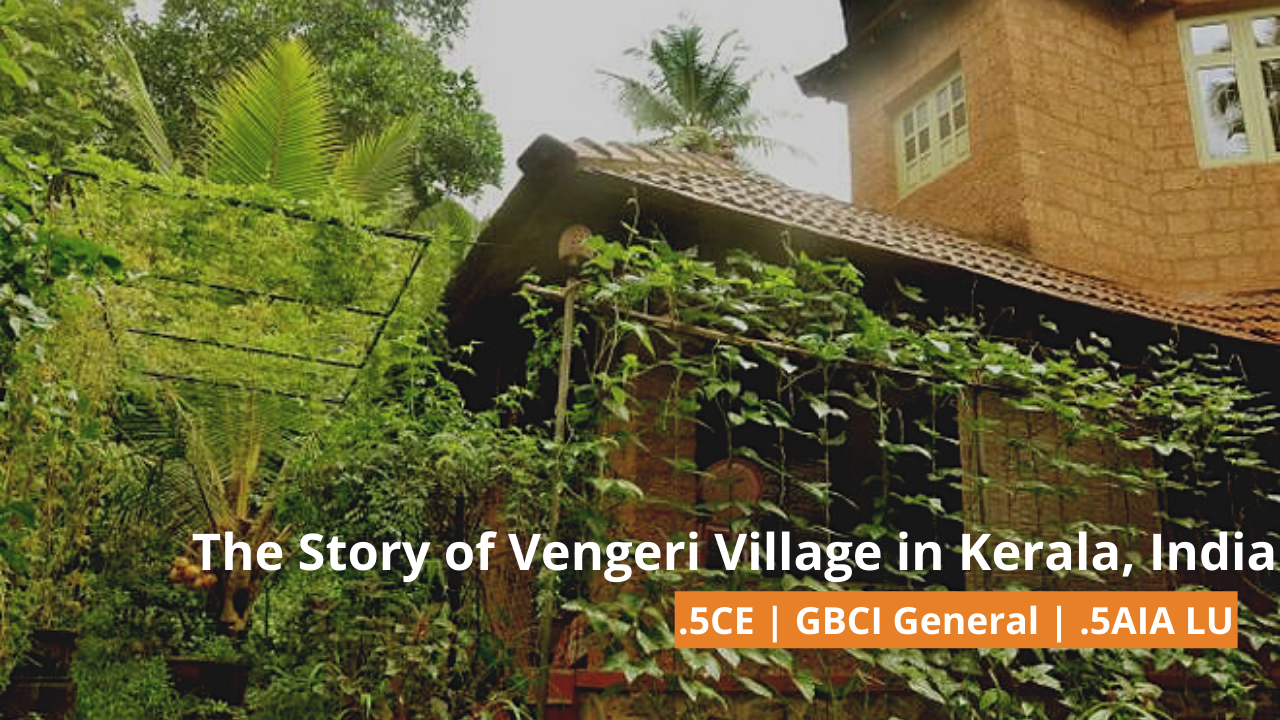
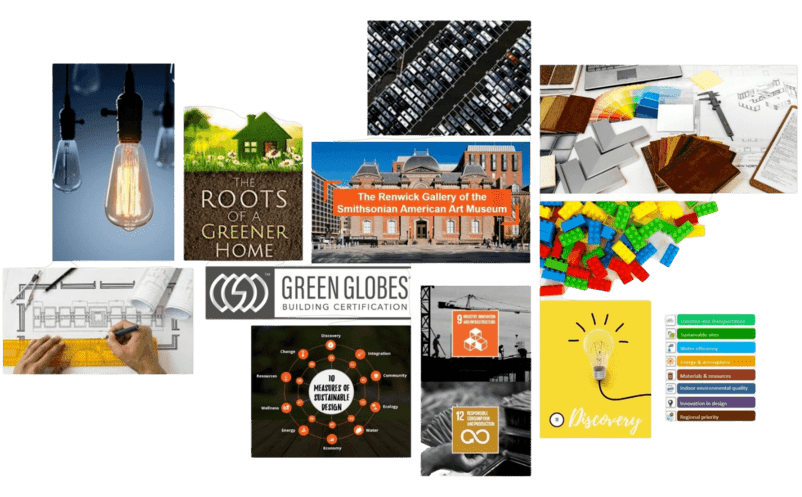
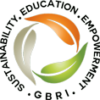
This course has really enlightened me with the concept of plastic. It is really inspiring to see how Vengeri village in Kerala took matters into their hands and did what was right. It is true the same cannot be implied all over the world. But other countries and individuals can take inspiration from the villagers and do something to handle the plastic problem in their own ways! Loved the course. Thank you.